Wendy Craik reflects on her term on the RBA board amid tumultuous times
Wendy Craik is a woman of firsts who never dreamed of being on the RBA board. Reflecting on her term she insists that despite the criticism, it and boss Philip Lowe did an ‘excellent job’.
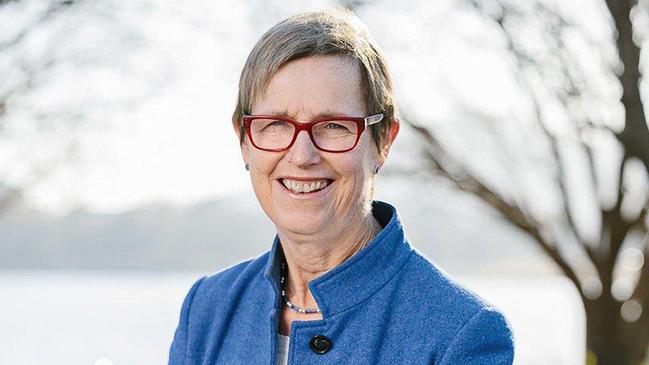
Wendy Craik has never been one to set long-term goals that say “this is where I want to be”.
She never dreamed of being chief executive of the Murray Darling Basin Commission, which administers water to the country’s main food bowl region.
Or for five years being head of the country’s biggest farm lobby group, the National Farmers’ Federation. Or serving as a commissioner of the Productivity Commission, the federal government’s main economic policy think-tank. These she all did with aplomb.
So when then Secretary to the Treasury John Fraser called her out of the blue six years ago, the last thing she expected was to be offered a seat on the board of the Reserve Bank of Australia, one of the most prestigious in the land.
“Why wouldn’t you accept an invitation like that. The opportunity was just great, because it was very different from all the things that I’d done,” she now recalls.
“Those sorts of experiences are just so mind-opening and you really learn a lot.”
In May, Craik stepped down from the RBA board after serving a single, five-year term. She is one of two board retirees this year. Perth investment banker Mark Barnaba steps down this month.
She served on the board over an incredible period that was dominated by the Covid-19 pandemic and its economic aftermath of soaring inflation, falling productivity and global geopolitical uncertainty.
“It was fascinating being on the board in such a challenging time. You’d look at what was going on overseas, what was going on here and try and relate the two to come up with the best decision that we thought we could,” she says.
“The people who work in the bank are really, really committed and really know their subject matter extremely well. They are able to have a really good discussion and answer slightly peripheral questions or questions that lead on from data. They are also really quite innovative in the way they try and gather additional data to try to explain what is going on. You could not work with a better lot of people. There’s such a lot of personal commitment to it all, which really makes it enjoyable.”
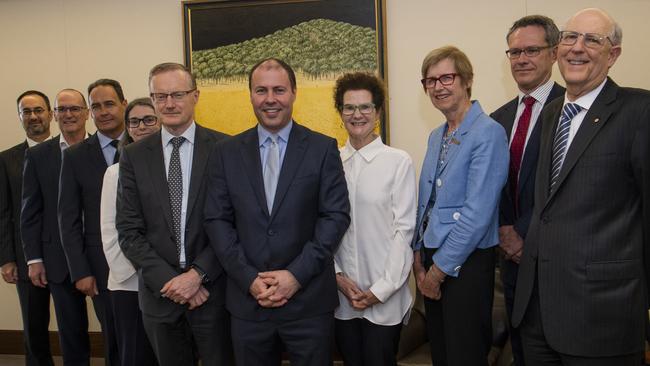
But Craik was also on the RBA board during a period when it faced unprecedented criticism. The findings of a landmark government review of the bank released earlier this year questioned whether the board members were up to the critical task of helping set interest rates.
It suggested board members too often simply accepted the views that bank staff put to them rather than challenging them.
The review also suggested the board’s processes did not provide members with enough information, support or time to explore different policy options.
Presented with the criticism, Craik chooses her words carefully knowing the government has accepted all the recommendations of the review.
She is also mindful that RBA board members are not allowed to speak publicly about their deliberations on interest rate decisions.
But it is on this latter point that she makes a pointed observation.
“I think the board has escaped the scrutiny that the governor didn’t escape,” she says. “With any other board, the whole board would be more in the limelight, rather than just the chair of the board.”
Governor Philip Lowe was not reappointed at the end of his seven-year term, after the government targeted him for allegedly being misleading about future rate rises and ignoring cultural problems within the RBA.
Craik will not comment on the criticism, but says: “I think he’s done an excellent job. He’s been extremely gracious and resilient, given the criticism that has come his way.”
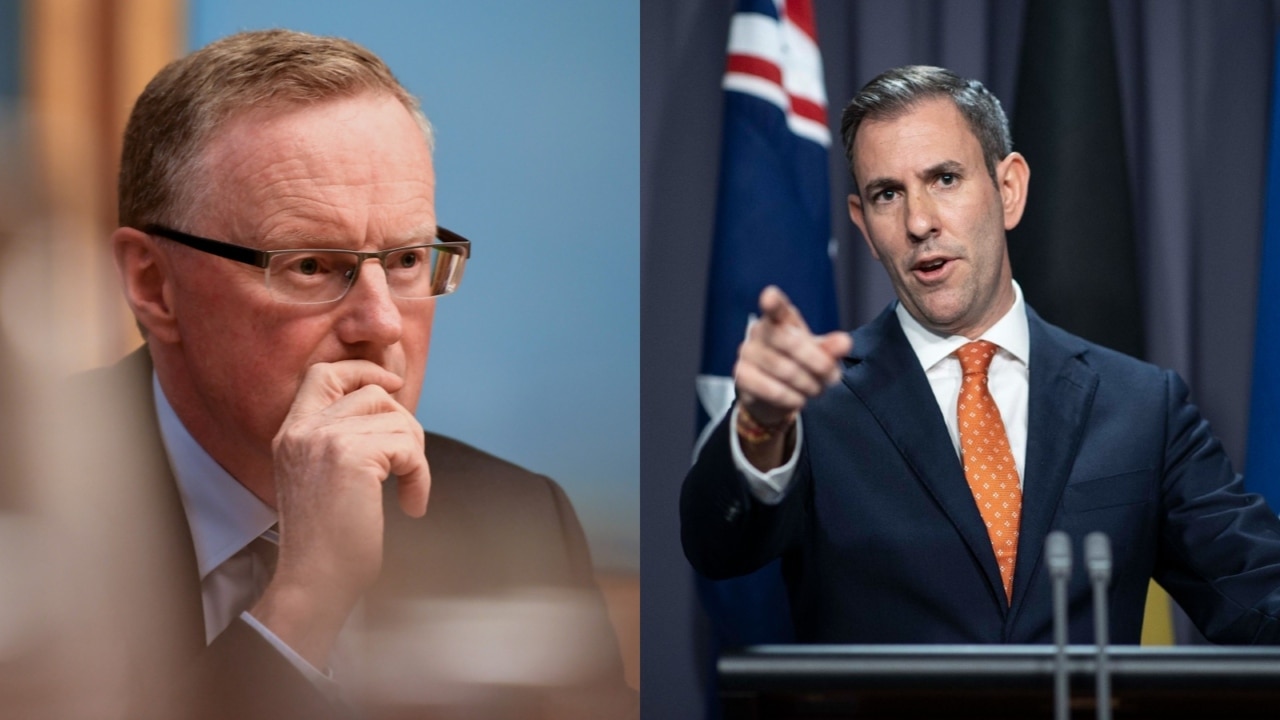
But what of the criticism of the board?
“The review also found that we’ve done as well, if not better, than a lot of central banks. In most cases,” she replies.
“When you are in these public jobs you are always going to get criticism. All you do is the best that you can do. I have absolutely no doubt that everybody on the board at the bank and people in the bank did that to the best that they felt they could do.
“They made the best decision that they thought was appropriate for the circumstances. Everybody takes it very seriously and really is concerned to make the best decision for the circumstances, even though some people aren’t going to find it pleasant.”
But Craik, who turns 73 this year, is clear she never took the criticism to heart, even though she remains a voracious reader of newspapers.
“You read it. You certainly read it, sometimes with a bit of morbid fascination,” she says with a wry smile.
“But no, I don’t take it personally. There’s nothing you can do about it. All you can do is do the best that you possibly can. So you make yourself as informed as possible.”
Groundbreaking career
It has been said that Wendy Craik is a woman of firsts.
She became head of the Great Barrier Reef Marine Park Authority in 1992, after serving as a research scientist at the organisation for well over a decade.
Three years later she became the first woman to lead the National Farmers’ Federation.
She also served a difficult year as chief executive of the publicly listed Earth Sanctuaries Ltd, a company pioneering a private approach to wildlife conservation.
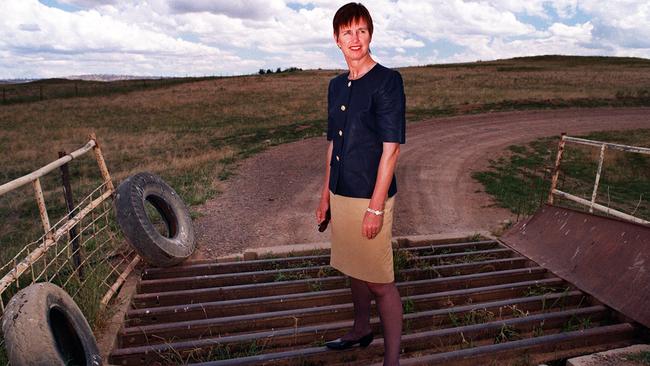
She once remarked that she had an overdeveloped sense of what is “proper”. She now gives the comment some context.
“My interest really is in sort of public good things, things that are in the public interest. Ensuring reviews of organisations are done with integrity and that the public actually benefits from things, and making sure that happens. To me, that’s really important,” she says.
Having conducted many government reviews across a broad range of topics, she believes the public is right to be sceptical of the processes and outcomes. Especially where seemingly endless reviews on controversial subjects result in no policy or legislative changes.
“They can be valuable to get a different perspective on things. On the other hand, it is important that the conclusions that they come to are well supported by arguments and analysis, rather than just opinion,” she says.
She also welcomes recent moves to formalise government review processes, including the selection of reviewers.
“Transparency, especially putting reports into the public domain is important, as is governments responding to them in a timely manner,” she says.
Born the second of four girls in her family, she has never felt that being a woman has held her back in her career. Not that she hasn’t experienced bias.
She recalls being at work in Port Douglas one day when the man running the coast guard offered her male colleague Andrew a beer and her an orange juice.
“But Andrew didn’t drink so I got the beer and he got the juice,” she quips.
But she stresses she has found it much easier to influence opinion in situations where there is more than one woman on a board.
“If it is one person it is harder to get your perspective across,” she says.
When Craik became an RBA director in 2018 she was the chair of the Climate Change Authority, which provides independent advice to the government on climate change mitigation initiatives.
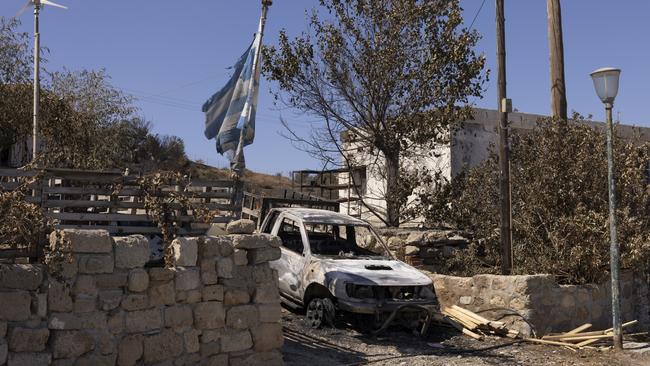
She has previously backed a carbon emission trade scheme and when she was at the NFF she described climate shift as “potentially the biggest issue facing Australian farmers in the future”.
But she stresses she is not an environment zealot and has preferred to build a consensus rather than “constantly telling people they are wrong” on the issue of climate change.
Yes, she says, governments and corporations need to do more. But it isn’t easy.
“The world is kind of late to the party, and yet the pressure is increasing. If we look at things like what is going on in Europe this summer, things are speeding up. It was suggested this had the potential to happen faster than we would like,” she says.
“I think in many ways I’m very lucky that I’m living my life now and maybe not in 50 years time.”
But she is deeply wary of the dangers of “greenwashing” as companies are increasingly benchmarked according to their compliance with environmental, social and governance (ESG) principles.
Last month the competition regulator warned companies to have proper evidence to back up commentary about their environmental sustainability credentials, after finding 57 per cent of the businesses it reviewed were making potentially misleading claims.
“The challenge for companies is to make reasonable ESG standards without going overboard because their objective is to make money for the shareholders. But to me, you want to do it in a way that is not environmentally destructive. I think there is real value in having these standards,” she says.
“Half the world’s GDP depends on nature – we really do need to do something about making sure that we start to repair nature. Otherwise, we won’t just be dealing with climate change, but we would be dealing with a disappearing world as we know it today. The population of the world will suffer terribly in future years.”
Life after the RBA
Having worked for the NFF, lived in Townsville on a three-acre property for a decade and a half and then on a property in the Adelaide Hills, Craik has always loved the feeling of space in regional Australia.
“People in regional Australia will also tend to speak their mind in a slightly more direct way. Often they are not quite as concerned about the sensitivities. I quite enjoyed that, especially up north,” she says.
But she has also enjoyed urban living, which has explains her constant movement between city and country.
She found her happy medium 20 years ago when she and her husband Grant moved to a 50-acre property on the southwest outskirts of Canberra, just off the Barton Highway.
There they grow their own fruit and vegetables and before Covid used to sell raspberries and blackberries at the local market.
“It is nice being out of the city a bit, it is more relaxed. I really like living where we are, you can’t hear the traffic,” she says.
-
‘I think he’s done an excellent job. He’s been extremely gracious and resilient, given the criticism that has come his way’
Wendy Craik on RBA governor Philip Lowe
–
But importantly the property is only a 45-minute drive from Canberra Airport, given her commitments over the past five years to the RBA and before that a multitude of public policy roles.
She met Grant at the Marine Park Authority in Townsville where he was a geographer. When he left the authority he bought a local milk run and Craik used to regularly help him on his Saturday morning shift.
“It was interesting and fun, we got to see each other because I used to travel a lot and you got to meet some interesting people,” she says.
Today she continues to chair a Co-operative Research Centre for the Murray Darling Basin and is on the board of the Crawford Fund, a group raising awareness of the benefits of investment and research on work for food and nutrition security in Australia and developing countries.
She has also recently been appointed chair of the advisory board for the Royal Australian Mint.
She is looking forward to the next stage of her post-RBA life. She doesn’t regret for a moment navigating the challenges of her five years on the board.
“You probably get some things wrong along the way. In life, you can’t possibly expect to do everything perfectly,” she says.
“But what you can do is take into account the current circumstances, the information that you are aware of, make the best possible decision that you can and be prepared to live with the consequences.”






To join the conversation, please log in. Don't have an account? Register
Join the conversation, you are commenting as Logout